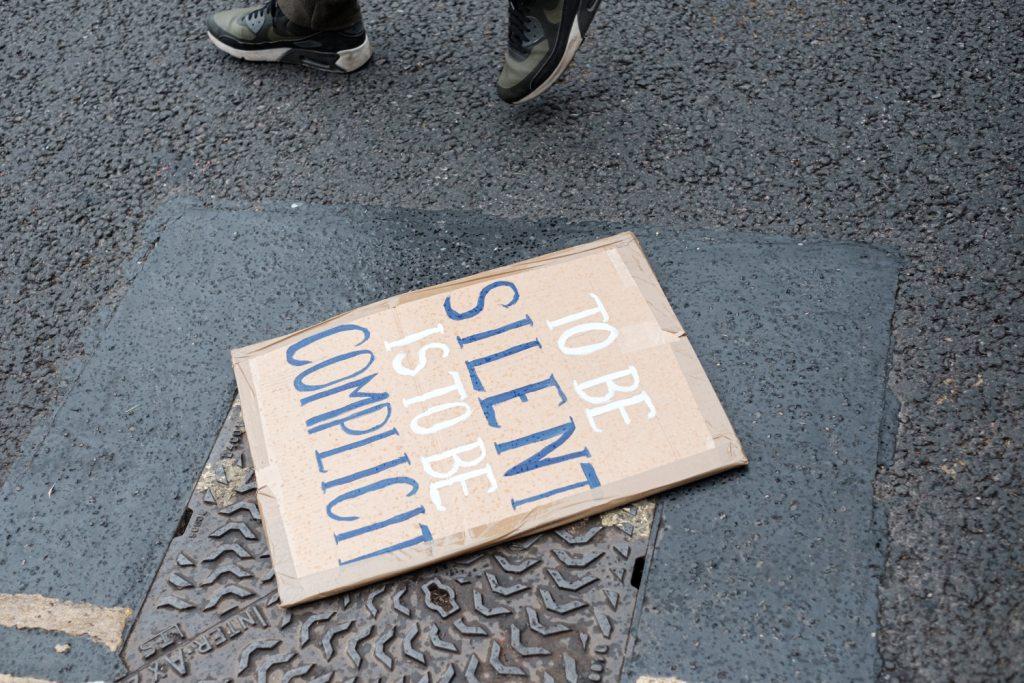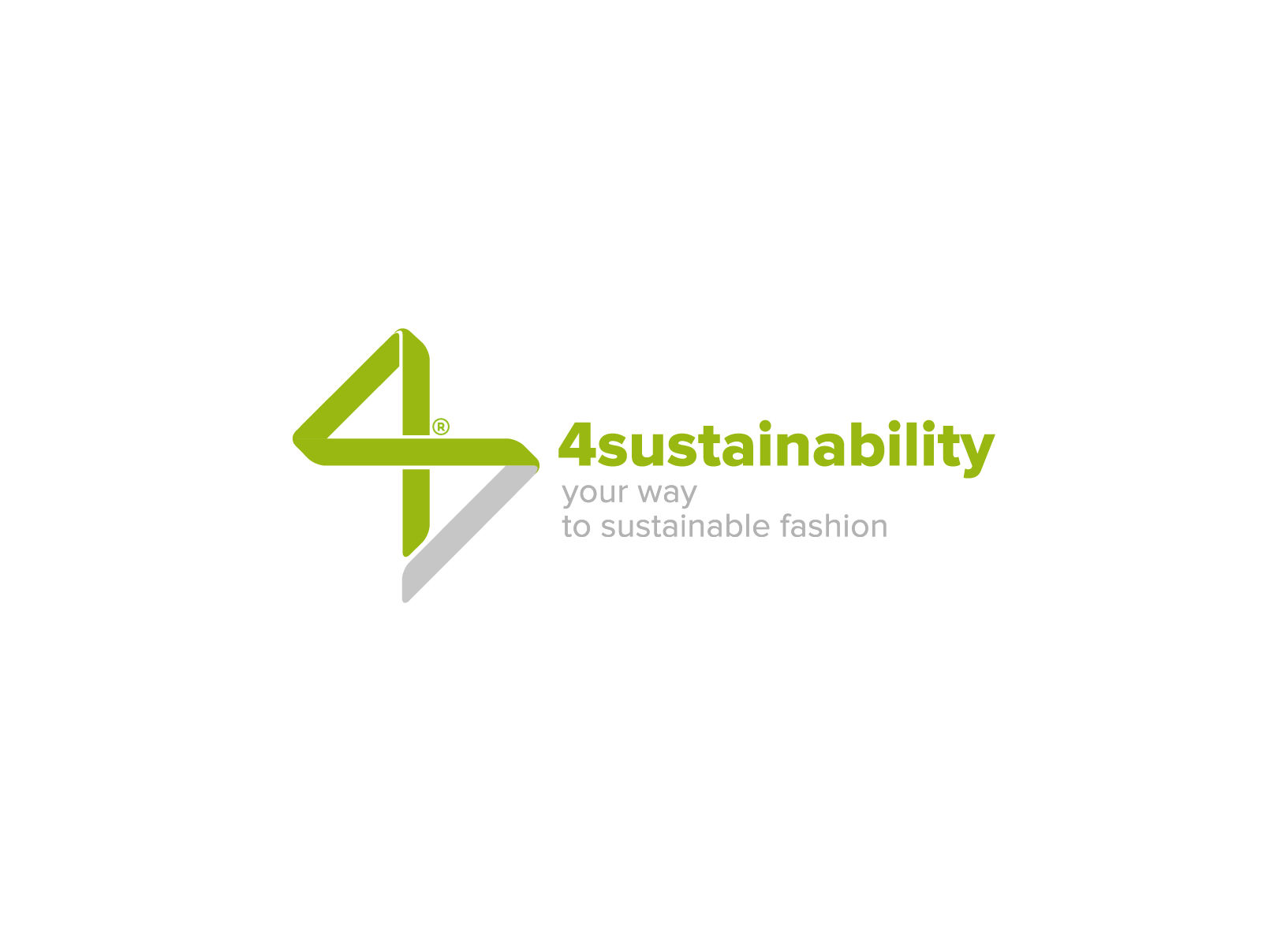If in Europe the publication of the bill that will make due diligence on human rights and environmental mandatory for all Member States has been postponed by a few months, Germany is moving forward with the approval of the Supply Chain Law.
Licensed by the Bundesrat on June 25th, the law introduces new obligations and responsibilities for many multinationals operating in Germany, and is also a candidate to serve as a model for European legislation.
But what are the key aspects of German law?
1. Organizations concerned and introduction timing
Starting from January 2023, the law will apply to companies that have their registered office, main operational headquarters, administrative headquarters and / or any registered branch in Germany and that in Germany have 3,000 employees at least. As early as January 2024, this limit will drop to 1,000 employees. Since the law also requires companies concerned to ensure that their often small suppliers also meet the new requirements, the new law will also be relevant for many companies with fewer than 1,000 employees.
2. Human rights and environmental risks regulated by the new law
The law defines the human rights risks that it takes into account, including among others the risks related to forced and child labor, occupational hazards and environmental damage affecting human rights and any other act or omission of a company that may include a “particularly serious violation” of a human right.
As for environmental risks, the legislation regulates those caused by persistent organic pollutants, mercury and hazardous waste.

3. Scope of the due diligence obligation
Activities of the company and activities of direct suppliers
Define risks
Companies concerned by the new law are required to assess the risks to the environment and human rights associated with their activities and those of their first-level suppliers. The risk analysis must be updated annually and whenever the company’s risk profile changes, for example following the launch of new products, projects or commercial activities.
Prevent and mitigate risks and violations
Companies must act “without undue delay” to mitigate the identified risks. The mitigation measures required by law include, for example, the insurance provided by direct suppliers that they will operate in compliance with human rights and environmental standards and the commitment they will make regular control audits on the same suppliers. If a violation in the supply chain has already occurred or is deemed imminent, the company must promptly take the most appropriate corrective actions to prevent, stop or mitigate the violation, including – where necessary – the termination of the business relationship with the supplier.

Risks in the lower levels of supply chains
If a company comes to “proven knowledge” of a violation of human rights or environmental standards by one of its indirect suppliers, it must take a risk analysis, establish appropriate preventive measures against the indirect supplier and develop and implement a plan to face that violation.
Complaint mechanism
Businesses concerned must establish an accessible complaints procedure for their own workers and for the workers of the companies in its supply chain.
Report
Business concerned must report annually the due diligence activities of the previous fiscal year, publishing and making the related reports available on their own websites for seven years. The information to be highlighted concerns any risks or violations identified by the company, the measures taken to fulfill the due diligence obligations, the evaluation of the effectiveness of these measures and the interventions which are expected to subsequently adopt.

4. Sanctions
Non-compliance with law obligations may result in the company, for each violation, administrative pecuniary sanctions ranging from 100,000 euros to 8 million euros.
For companies with an average annual turnover exceeding 400 million Euros, the law provides for penalties of up to 2% of the average annual global turnover for failure to take corrective actions wherever a violation of human rights or environmental obligations defined by law is verified in one’s activities or in the activities of a direct supplier.
Non-compliance with the law can also lead to exclusion from public contracts for up to three years.
5. Civil liability
Individuals who report the violation of a fundamental human right such as the right to life can instruct trade unions or NGOs registered in Germany and qualified to file claims for compensation on their behalf. While it is expressly made clear that the law does not introduce a new cause of action, this provision will likely increase the number of lawsuits for alleged human rights violations.
The situation in the old world
Whether or not Brussels decides to align the European law proposal with the German model, the companies concerned should get ready for its entry into force, updating their human rights and environmental due diligence policies, if necessary, as well as their own risk assessment and mitigation processes, their complaint mechanisms and reporting practices.
European companies not yet involved, on the other hand, would be wise to to take a cue from German law as an indication of what could soon apply to them too. Everywhere, in fact, the responsibility issue of companies over their supply chains is pressing. There are legislative initiatives and evaluation campaigns on human rights due diligence in countries such as Luxembourg, Denmark, Austria, Spain. Outside the EU, the debate is lively in Switzerland as well.
The trend can also be seen in laws such as Britain’s Modern Slavery Act, which compels companies to report how they are tackling human trafficking and forced labor in their supply chains.
The French Devoir de Vigilance requires companies to take concrete steps to comply with due diligence, including risk analysis, supplier assessment and reporting systems.
The latest Dutch law against child labor obliges companies that sell consumer products and goods to control the child labor hazards and to take appropriate countermeasures in cases where these hazards have been identified.

4sustainability framework
Gradually but inevitably, all companies will have to equip themselves with monitoring systems for their supply chains on issues of social and environmental responsibility, so as to demonstrate the concreteness of a commitment also aimed at involving suppliers.
“4sustainability is a framework that meets exactly this need by encouraging collaboration between brands and supply chains”, explains Francesca Rulli, Process Factory CEO and creator of the 4s system. In other words, it is a methodology that supports brands in the data collection and monitoring process of their suppliers and supports the supply chain in the implementation of projects consistent with the brands adaptation demands to certain requirements.
“We have been following the European legislative process for some time, as well as the initiatives that some Member States are carrying out each at their own pace”, continues Rulli. “They all aim at the same result, that is to make mandatory operational practices that the market has already induced the most advanced companies to adopt. What strikes favorably about the German Supply Chain Law is its substantial sanctioning apparatus, whih is a demonstration of the importance the legislator gives to the issues of the environment and human rights for economic development. It is already evident today that no company will be able to declare itself sustainable and be credible if it does not make use of equally responsible supply chains. The choice of suppliers must be consistent: wherever in the world it occurs, the evaluation cannot and must not be of a purely economic nature”.









